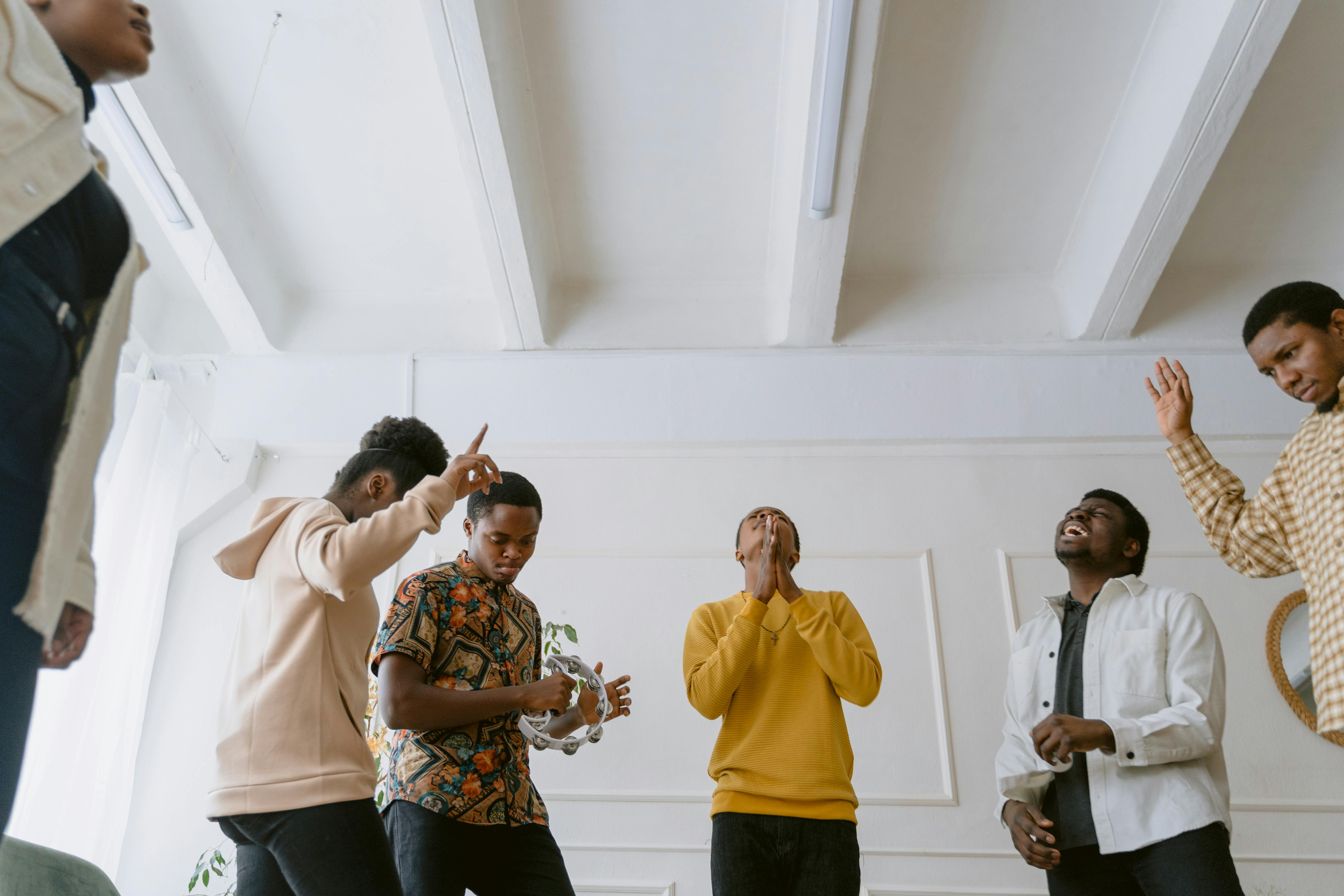Discover the African art of Adire dressmaking when you travel to Nigeria
Lagos is considered the commercial hub of Nigeria. It is known for its hustle and bustle, as well as an intricate mix of cultures, both local and foreign. In fact, many residents refer to it as no man’s land because indigenous people from all over the country (and abroad) have made it their home.
The result is an impressive kaleidoscope of cultures evidenced, in part, by the regular display of different attractions by each cultural unit. One of the most prominent cultures in Lagos is the Yoruba tribe. They may pretend to be the children of the land in Lagos, but they accommodate outsiders.
As a key component of South West Nigeria, Lagos also shares fashion and cultural trends with its neighboring regional states. And one of the most distinctive facets of Yoruba culture is the Adire art form. Since the early days of the arrival of foreigners in Nigeria, history has shown that one of the biggest attractions that tourists and visitors have found in Nigeria has been the Adire.
Adire is a unique traditional textile made by the Yoruba people, using hand-knotted fabrics that have been dyed indigo. The art of making this patterned cloth has been passed down from generation to generation, though at one point it suffered from a decline in popularity among practitioners and their patrons.
However, the efforts of some celebrated practitioners of this graceful age-old art form have helped launch a recent renaissance in the field. Nike Davies Okundaye, a strong supporter of African arts, with a mission to export them to the rest of the world, has been the most prominent among those involved in this awakening of interest in the Adire, locally and internationally.
He has achieved worldwide recognition for his exceptional artistry in the making of Adire fabrics over a period of three decades and to date. His website http://www.nikeart.com provides extensive resources offering information about his work, including links to other websites that reflect the international appeal he enjoys. This exceptional lady graced the cover of The African Courier magazine, in its February/March 2010 issue, with six pages devoted to a review of her work, including excerpts from an exclusive interview she gave.
Today, 21st century Nigerian fashion designers are also creatively using the Adire to develop a unique range of highly fashionable and modern African designs, which are regularly showcased on catwalks at fashion shows in Africa and beyond. This is one of the great benefits that Adire offers: it is highly adaptable to be used in various ways, for various purposes, decorative or otherwise..
If you are a lover of African art, you should definitely explore Adire’s dress making process. More importantly, especially if you feel like you can’t spare the time to visit a place where these unique creations are made, look out for the many shops where beautiful Adire fabrics are for sale. Be sure to get an informed opinion on how to buy types that are durable and won’t fade when washed, at reasonable prices.
You might be interested to know that a lot of the good hotels in Lagos and other western states often have gift shops with sections dedicated to the sale of works of art, including Adire. Keep in mind, however, that these stores can be a bit pricey and you can get better deals by buying directly from less nice stalls owned by local people or residents, some of whom do it themselves. It is well known that the best places to buy well-made Adire dresses include Abeokuta in Ogun State and Osogbo in Osun State, where Nike Davies Okundaye runs one of several of his galleries in the country.
So don’t forget, when visiting Nigeria, to make time to explore Adire’s world of weaving, picking up a few souvenirs to take home. If we go by the news we’ve heard from other visitors to Nigeria, you and those with whom you share your artistic gifts will be raving and showing them off with pride!
